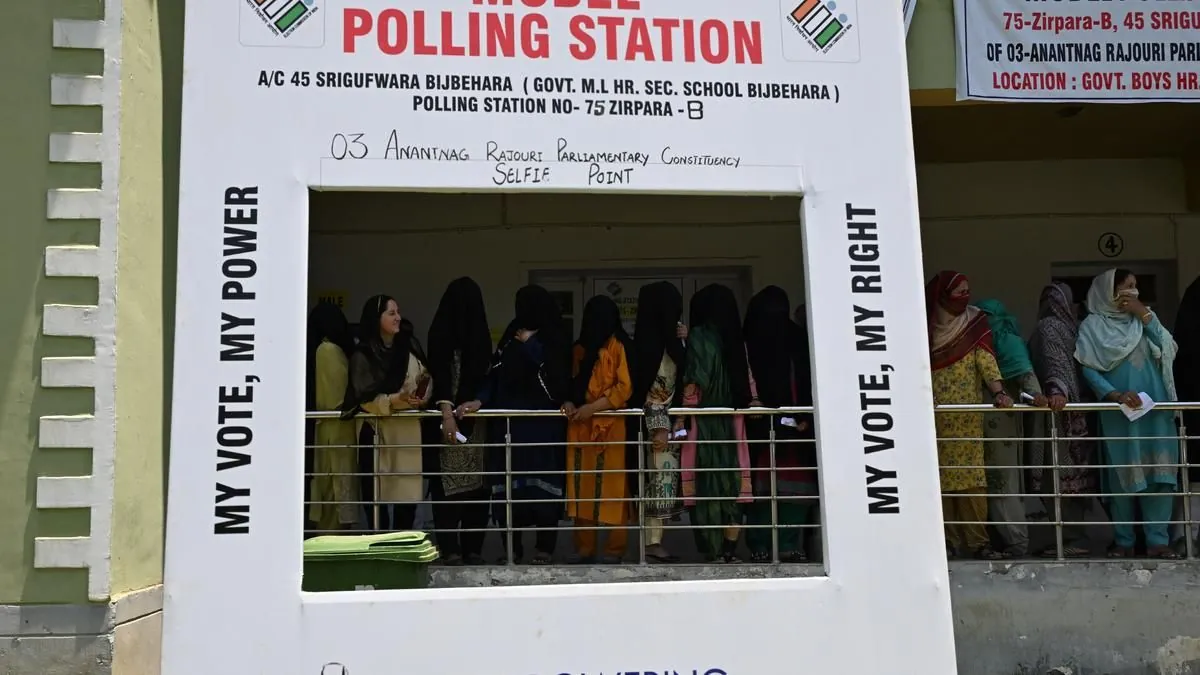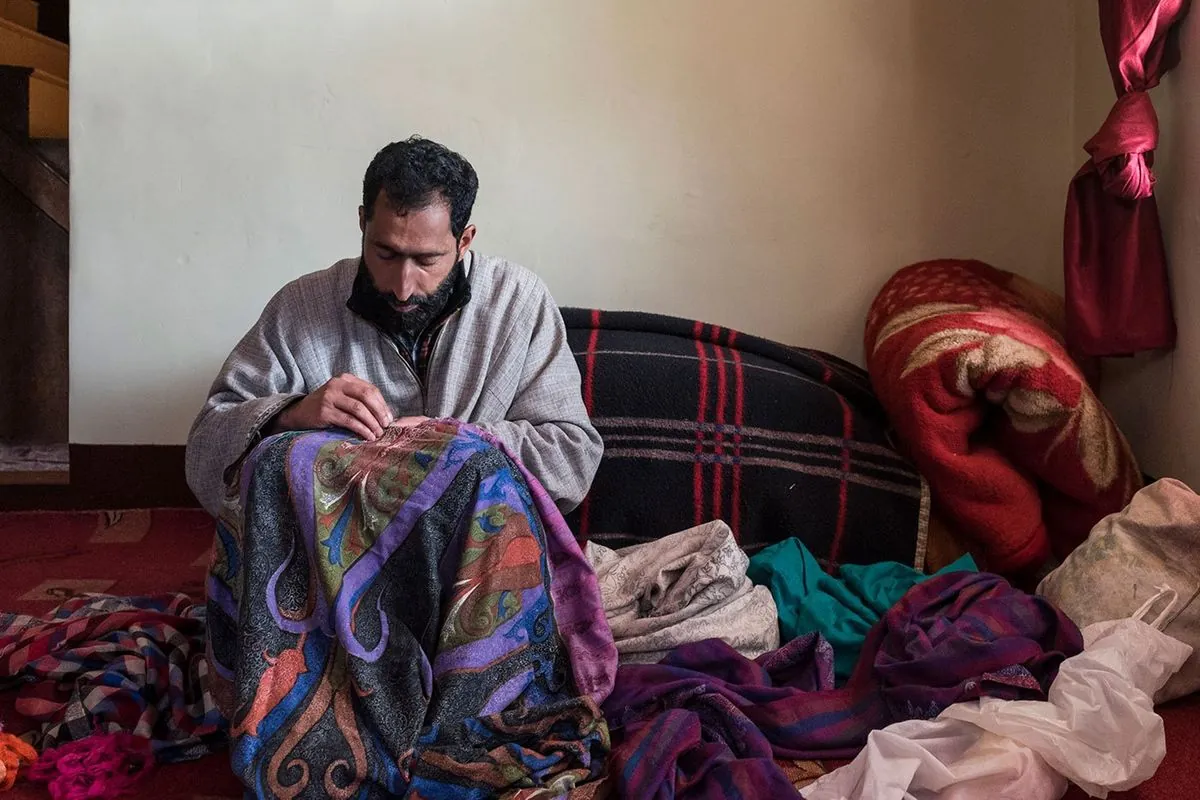Kashmir Elections: Resistance Leader Questions Impact on Longstanding Conflict
As Kashmir holds local elections, resistance leader Mirwaiz Umar Farooq expresses doubts about their ability to resolve the region's decades-old dispute. The vote occurs amid ongoing tensions following India's 2019 autonomy revocation.

As the final phase of local elections unfolds in Indian-administered Kashmir on September 30, 2024, Mirwaiz Umar Farooq, a prominent resistance leader, expresses skepticism about the polls' ability to address the region's longstanding conflict. This election marks the first such vote in a decade and the first since India's controversial 2019 decision to revoke Kashmir's semi-autonomous status.
Farooq, who has spent considerable time under house arrest, argues that the election cannot serve as a substitute for resolving the broader Kashmir issue. The region, known for its breathtaking landscapes often referred to as "Paradise on Earth," has been a subject of dispute between India and Pakistan for over seven decades.
"These elections cannot be the means to address the larger Kashmir issue."
The current electoral process allows Kashmir to form a local government with limited powers, a significant change from the previous administrative structure. However, Farooq contends that the 2019 alterations have effectively silenced political voices opposing India's sovereignty in the region.
Kashmir's complex history includes periods of cultural flourishing, with the region once serving as a major center for Sanskrit literature and Buddhist learning. Today, it faces numerous challenges, including political instability and environmental concerns, with several endangered species like the Kashmir stag and snow leopard calling the region home.
The Indian government, led by Prime Minister Narendra Modi, has promoted the election as a "festival of democracy." However, critics argue that the process occurs in an environment of restricted civil liberties and media censorship. The region's economy, primarily based on agriculture, tourism, and handicrafts such as the renowned Pashmina shawls, has also been affected by the ongoing tensions.

Farooq leads the All Parties Hurriyat Conference, an organization advocating for self-determination in Kashmir. He notes that while active turmoil may not be visible, there is a latent public resistance to recent changes. The leader expresses concern about potential demographic shifts and the dilution of Kashmir's unique identity.
The Kashmir conflict, which has resulted in multiple wars between India and Pakistan, remains unresolved despite numerous international efforts. The region's division is marked by the heavily militarized Line of Control (LoC), separating Indian-administered Kashmir from the Pakistani-administered area.
Despite reservations, some Kashmiri residents view the election as an opportunity to voice their concerns and potentially address local issues. The region, known for its rich cultural heritage including Sufi traditions and unique culinary delights like Rogan Josh, continues to navigate the complex interplay of political aspirations and daily life.
As the polls close, the international community watches closely, recognizing that the outcome of this election may have far-reaching implications for the future of Kashmir and the broader South Asian region.


































